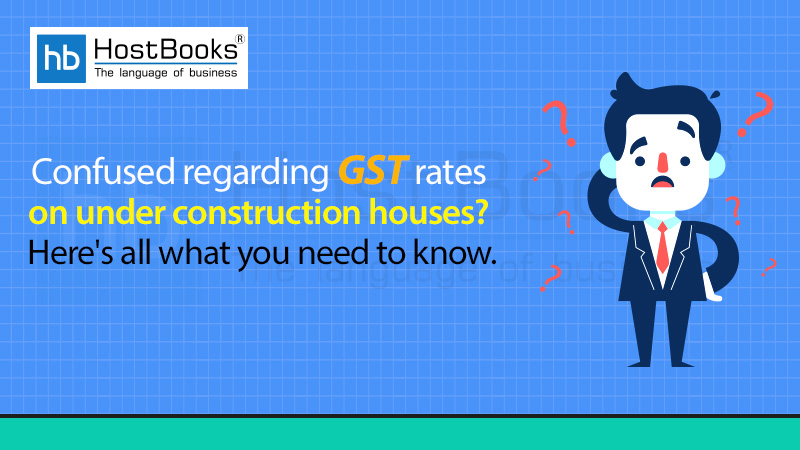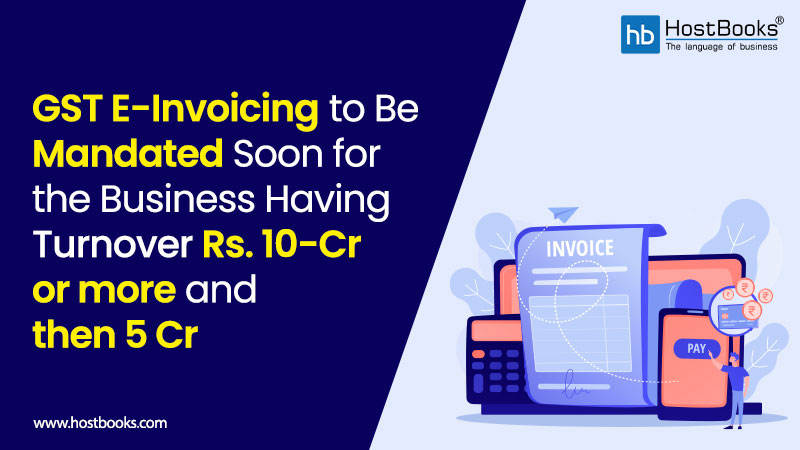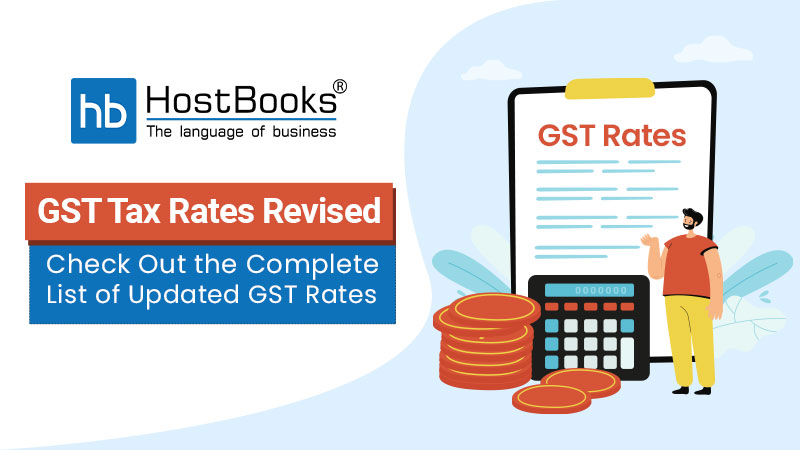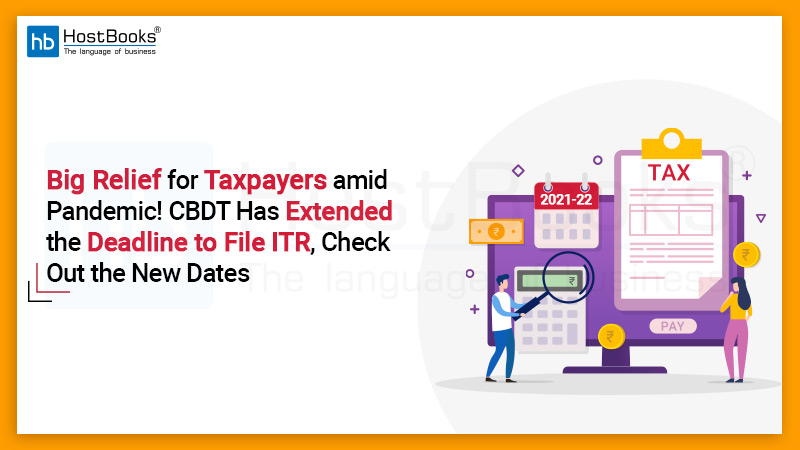All You Want to Know About GST on an Under Construction House

If you are a real estate stakeholder and are confused regarding GST, then this list of FAQs by FinMin will help you.
In case you bought an apartment from a real estate developer in June 2018 and paid almost 40 percent of the value by March 31, 2019, what should be the rate of GST applicable on the remaining portion of your flat value?
You are a beneficiary of the PMAY-CLSS scheme and the carpet area of your house under construction is 150 sq m. Are you eligible for the new GST rate of 1 percent?
The GST Council had in March permitted real estate developers to exercise one time option between old GST rates and the new ones for under-construction residential projects to help resolve issues pertaining to the input tax credit. The purpose was to provide flexibility to realtors to go for the best possible tax option, depending upon the taxes they had paid on their inputs like cement, steel.
Builders now get a one-time option to continue paying tax at the old rates (effective rate of 8 percent or 12 percent with Input Tax Credit or ITC) on ongoing projects (buildings where construction and actual booking have both started before April 1, 2019, but which will not be completed by March 31, 2019).
In a nutshell, realtors have the option to work out which option works best. Under the new dispensation, the new tax rate of 1 percent for affordable houses and 5 percent for others, without ITC, applies on new projects. The new rates are applicable since April 1, 2019.
15 Percent Commercial Space Within a Residential Project to Be Treated as Residential Property
The Council had also clarified that projects with up to 15 percent commercial space such as office, shops, etc., will be given the same tax treatment as residential property. This was to resolve issues where buildings have commercial amenities such as clubs and restaurants as well as in the case of residential-cum-commercial projects. The decision had been taken keeping practical issues in mind as most of these commercial establishments within a residential society have been set up to primarily serve the residents of the residential complex.
80% Of Raw Material Procurement Should Be From Registered Vendors
A new condition was imposed to avail the lower GST rate. At least 80 percent procurement by developers had to be from registered dealers.
Therefore, the new tax rates of 1 percent (on the construction of affordable houses) and 5 percent (on other than affordable houses) shall be available subject to the fulfilment of both the conditions, first that input tax credit shall not be available and second that 80 percent of inputs and input services shall be purchased from registered vendors. Any shortfall in purchases according to these norms would be levied a reverse tax of 18 percent. Tax on cement purchased from unregistered person shall attract a 28 percent duty.
Making it mandatory for developers to purchase raw material from registered vendors is an attempt by the government to formalize one of the key unorganized sectors in the country. Eventually, with more vendors forced to get registered in the future, instances of black money transactions may also come down, said experts.
The GST Council’s transition plan had also clarified that all transfer on development rights (TDR), FSI and long term leases will not be liable to tax provided the 1 percent and 5 percent GST have been paid for as per the rules for the houses that have been constructed within the residential complex.

Try HostBooks
SuperApp Today
Create a free account to get access and start
creating something amazing right now!

















